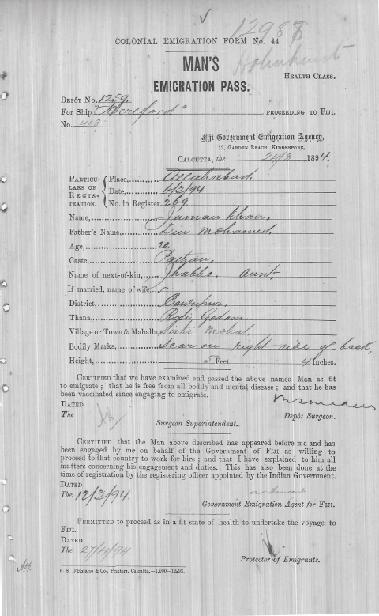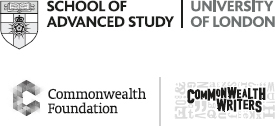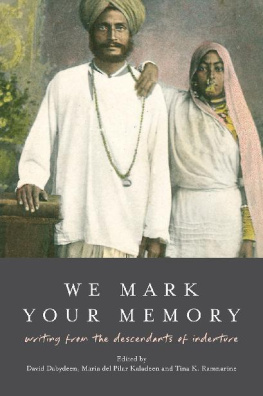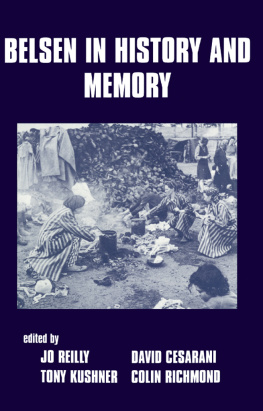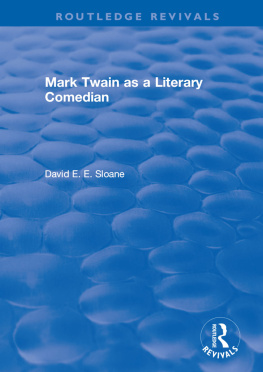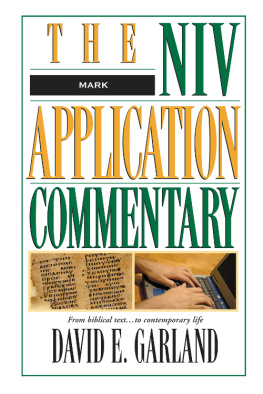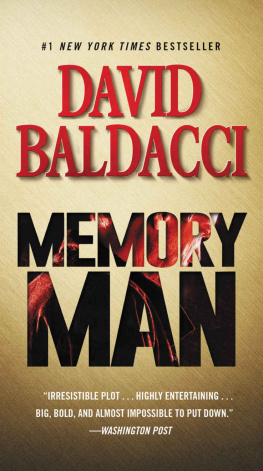We Mark Your Memory
Writings from the Descendants of Indenture
The indenture certificate of the maternal great-grandfather of contributor Akhtar Mohammed (Brotherhood of the Boat, p. 79).
We Mark Your Memory
Writings from the Descendants of Indenture
edited by David Dabydeen, Maria del Pilar Kaladeen and Tina K. Ramnarine
2018
School of Advanced Study
University of London
Commonwealth Writers
Published in Great Britain in 2018 by School of Advanced Study, University of London, in association with Commonwealth Writers
ISBN 978-1-912250-08-0 (.epub edition)
ISBN 978-1-912250-12-7 (.mobi edition)
Patti-Anne Ali, Gaiutra Bahadur, Suzanne Bhagan, Eddie Bruce-Jones, Deirdre Jonklaas Cadiramen, Stella Chong Sing, David Dabydeen, Maria del Pilar Kaladeen, Gitan Djeli, Prithiraj R. Dullay, Priya N. Hein, Kevin Jared Hosein, Gabrielle Jamela Hosein, Cynthia Kistasamy, Brij V. Lal, Lelawattee Manoo-Rahming, Kama Maureemootoo, Akhtar Mohammed, Fawzia Muradali Kane, Satendra Nandan, Noelle Nive Moa, Angelica A. Oluoch, Jennifer Rahim, Tina K. Ramnarine, Mary Rokonadravu, Anita Sethi, Anirood Singh, Aneeta Sundararaj, Arnold N. Thomas, Athol Williams
All rights reserved. No part of this publication may be reproduced, stored in a retrieval system or transmitted, in any form or by any means, without the prior permission in writing of School of Advanced Study, University of London, or as expressly permitted by law, or under terms agreed with the appropriate reprographics rights organisation.
Cover image: Aquagraph image of Indians in Trinidad c.1915. One of a series of postcards by Raphael Tuck and Sons. For more information, please see https://tuckdb.org/about .
School of Advanced Study
University of London
Senate House
Malet Street
London WC1E 7HU
www.sas.ac.uk/publications/
Contents
Commonwealth Writers
Commonwealth Writers is the cultural initiative of the Commonwealth Foundation. It inspires and connects writers and storytellers across the world, bringing personal stories to a global audience. Commonwealth Writers believes in the transformative power of creative expression in all its forms. Both responsive and proactive, it works with local and international partners to identify and deliver a wide range of cultural projects. The activities take place in Commonwealth countries, but Commonwealth Writers community is global.
The Commonwealth Foundation
The Commonwealth Foundation was established by Heads of Government in support of the idea that the Commonwealth is as much an association of peoples as it is of governments. It is a unique, stand-alone organisation; it is funded by and reports to governments, which have given it a mandate to support civil society. The Foundation is dedicated to advancing peoples participation in promoting responsive, effective and accountable governance so that ultimately their quality of life is improved. The Foundation is the Commonwealths agency for arts and culture.
Introduction
David Dabydeen, Maria del Pilar Kaladeen and Tina K. Ramnarine
T his volume marks the centenary of the end of indentureship in the British Empire. Indentureship was a particular form of contracted labour, which has remained largely absent from public discourses, although it has been an important aspect of complex, global and capitalist economic production systems. It bracketed the period of the Atlantic slave trade and spread African, Chinese, European and Indian populations, among others, across four continents. Its inspiration was an imperial desire for a cheap, agricultural workforce. At the height of the British Empire, indentured labour was used in the production of sugar, cocoa, cotton, rubber and tea. In South and East Africa, indentured labourers were also involved in mining and the creation of railway networks. The British additionally made agreements with the Netherlands and France which meant that these countries were able to recruit and dispatch to their colonies indentured labourers from British India.
In the seventeenth century, white European labourers were taken to both North America and the Caribbean on temporary agreements, termed indentures. In Virginia, prior to slavery, some African indentured labourers also formed part of the bonded workforce. The many abuses of this type of labour are evident in the earliest historical records of the system. Kidnapping and enticement both played a role in securing indentured labourers in Europe, who arrived to uniformly poor conditions and treatment in the Caribbean. Sugar became the favoured product of the Caribbean plantations. However, plantation owners believed that white workers would not suffice in either numbers or cost due to the labour-intensive nature of its manufacture. As a consequence, these labourers and the system that brought them to the Caribbean were replaced by the brutal enslavement of Africans. Following the abolition of the slave trade in 1807, planters in the Caribbean began to consider the possibility that they might revive the system that had served them two centuries earlier. In 1811, almost three decades before Indian indenture began, a mass importation of Chinese labourers was being mooted as a substitute for the enslaved African workforce.
Indenture was not slavery, but it consistently featured aspects of that system, and its nineteenth-century incarnation was famously labelled little more than a reinvention of slavery. In its pre- and post-slavery forms, indenture functioned in similar ways. Recruits would agree to labour in a foreign land; they were indebted to whoever had paid for their voyage and, on arrival, were bound to a master until their contract expired. Frequently, at the end of their term, the agreement offered indenturees the provision for either a return passage or a portion of land. Real or perceived violations of the contract meant that such labourers were subjected to legal proceedings. In the case of the Indian indenture system, which resulted in the transportation of more than two million men, women and children, the intimacy between the plantocracy and judiciary habitually prevented anything more substantial for the indentured applicant than a pantomime of justice.
The majority of the work in this anthology was inspired by the period of Indian indenture that took place between 1834 and 1917, which was prompted by the abolition of enslavement and by the apprenticeship systems termination. The term Gladstones coolies is a misnomer that centres the system of indenture and its inception in the Caribbean at the point when John Gladstone, father of the future Prime Minister William Gladstone, engaged a Calcutta firm to source Indian labourers for two of his estates in Guyana (British Guiana). The first Indian indentured labourers had arrived in Mauritius in 1834, while Gladstones experiment in Guyana took place in 1838. They came to form by far the largest group of these workers in the British Empire, but it is important to acknowledge the presence of other groups in the nineteenth-century indenture system. In the Caribbean, indentured labourers from Africa, the American south and Madeira had arrived in the region from 1834 onwards. In addition, before its abolition in 1917, indenturees travelled to Australia, Fiji, Malaysia (Malaya), Myanamar (Burma), South Africa and Sri Lanka. Within the Caribbean, while Guyana and Trinidad received the majority of such labourers, places like Belize (British Honduras), Grenada, Jamaica, St Kitts and Nevis and St Vincent all had indentured populations too. In the Caribbean, Mauritius and South Africa, Chinese workers formed part of the indentured workforce and more than 60,000 South Sea Islanders were indentured, many forcibly, to Queensland, Australia.
